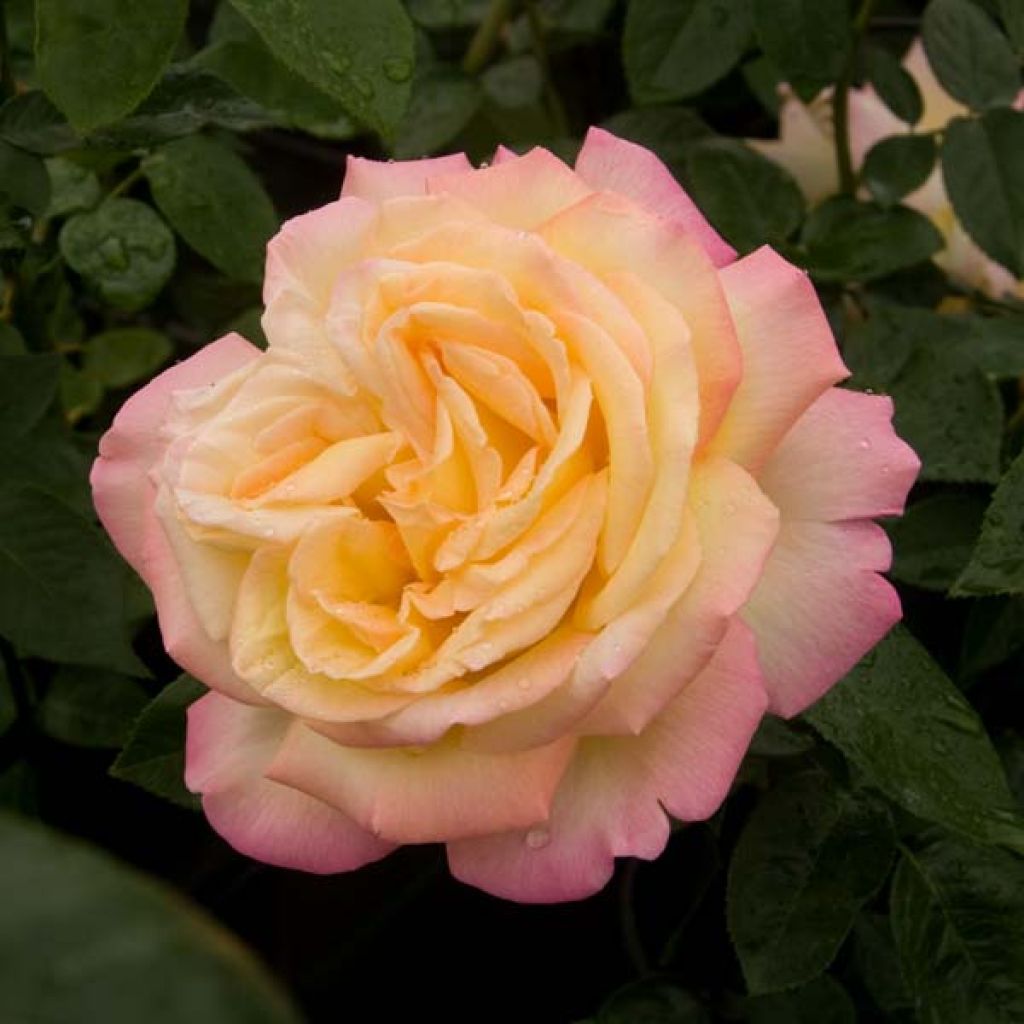

Rosa 'Madame A. Meilland' - Peace Rose - Hybrid Tea Rose
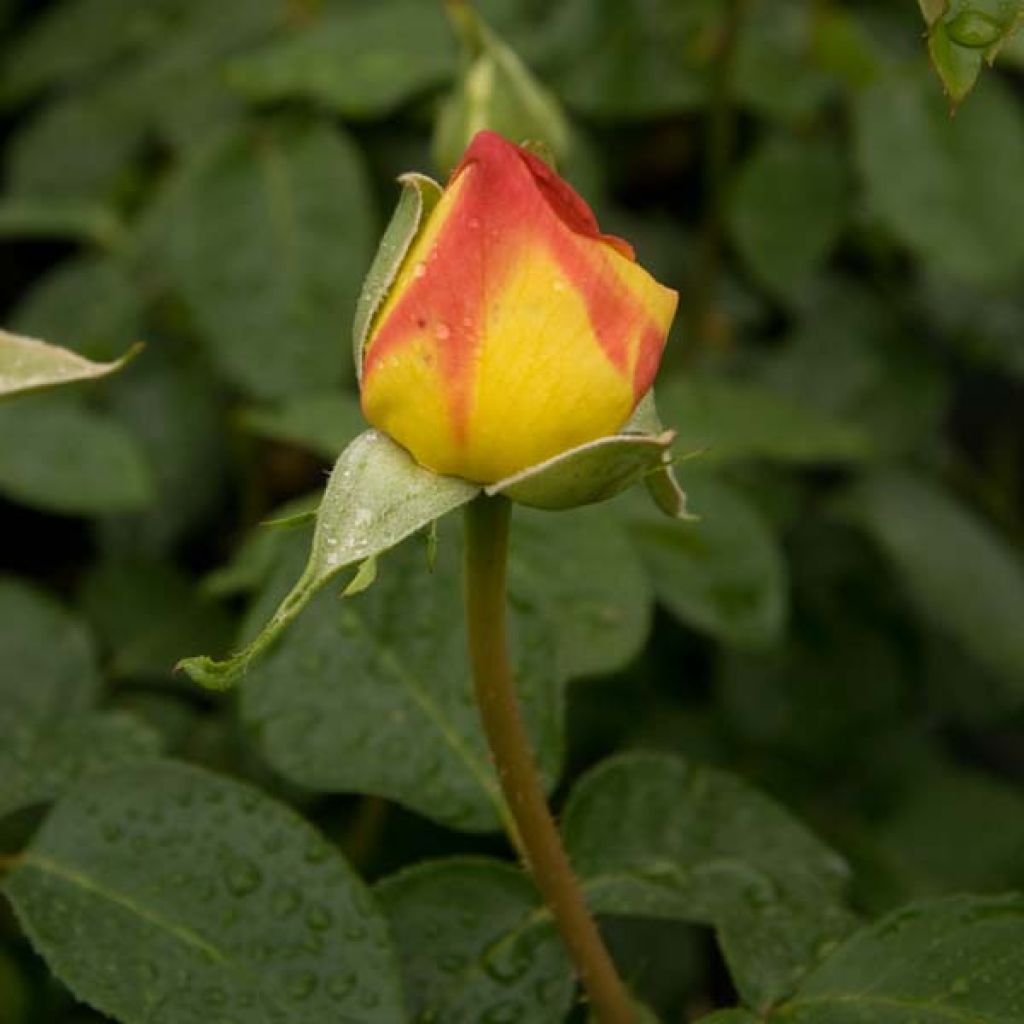

Rosa 'Madame A. Meilland' - Peace Rose - Hybrid Tea Rose
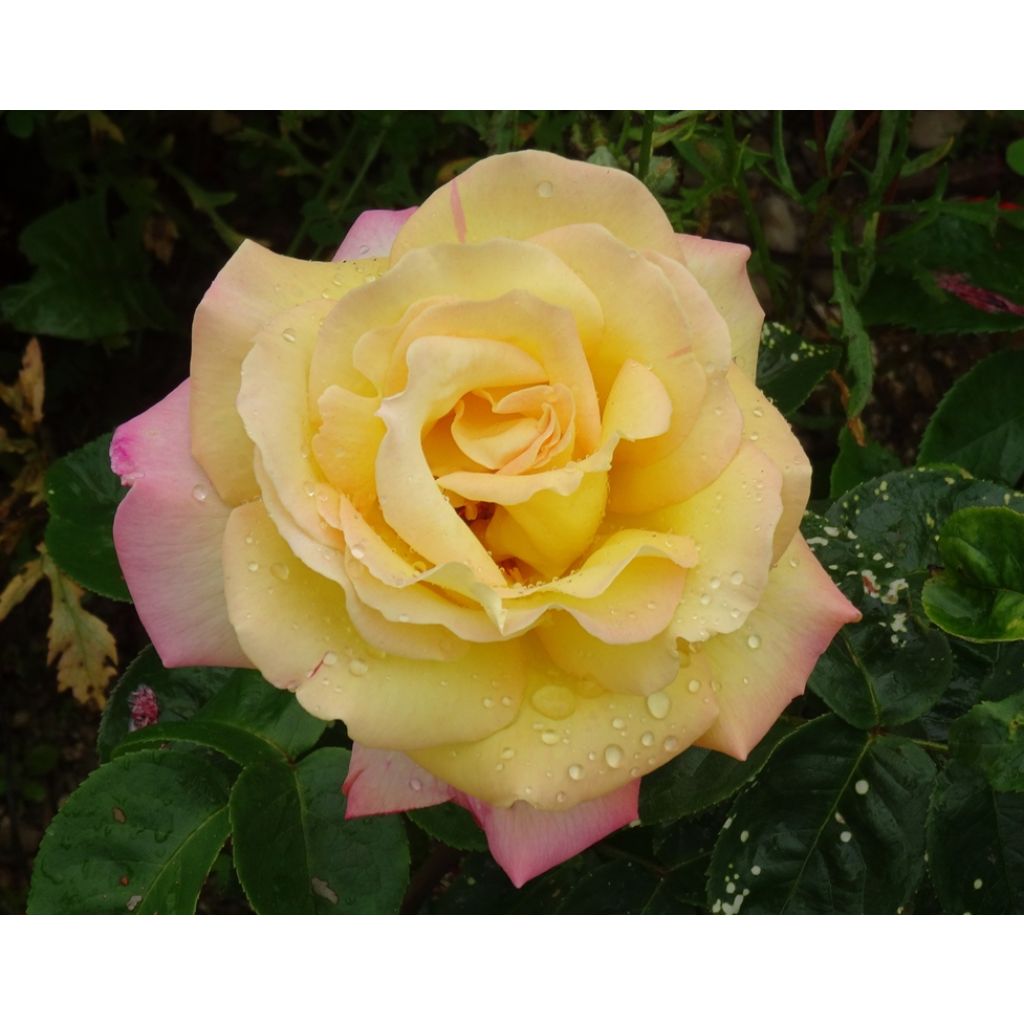

Rosa 'Madame A. Meilland' - Peace Rose - Hybrid Tea Rose
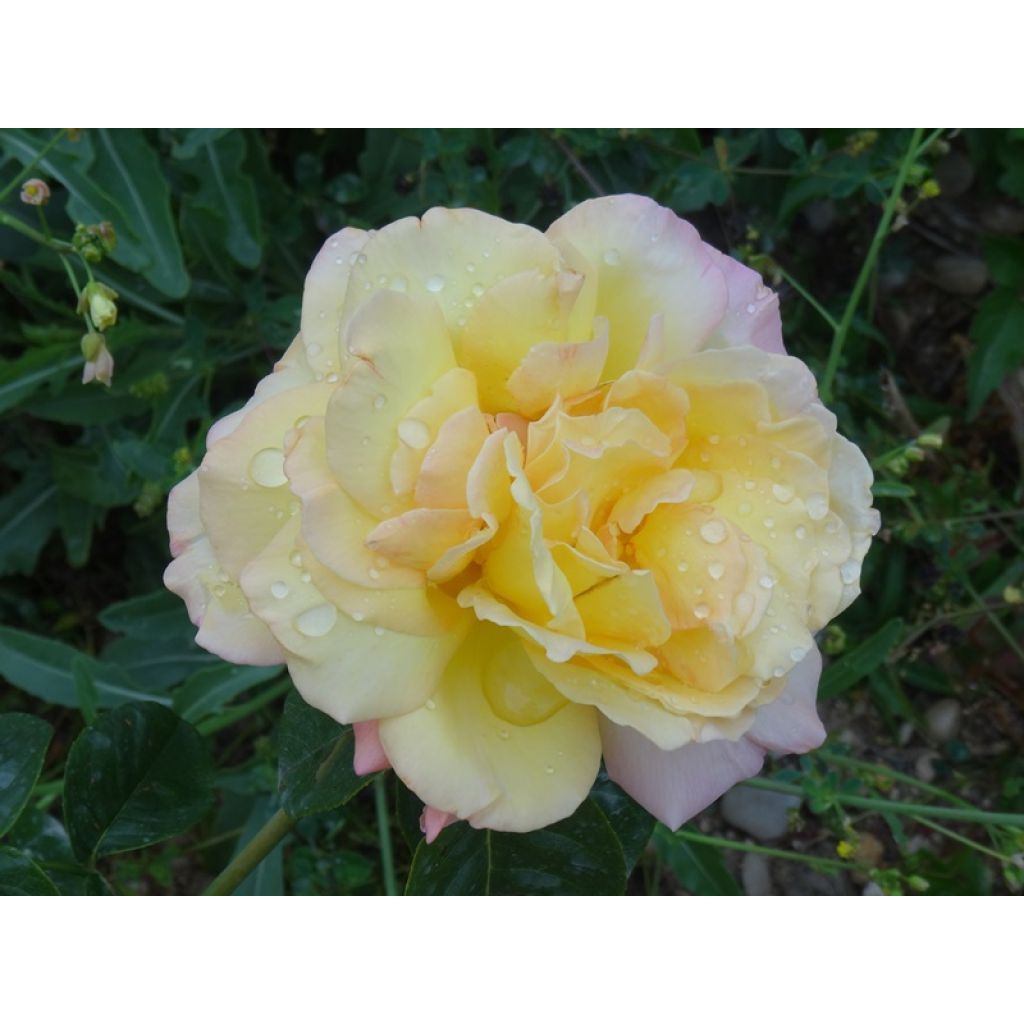

Rosa 'Madame A. Meilland' - Peace Rose - Hybrid Tea Rose
View more pictures
Hide images
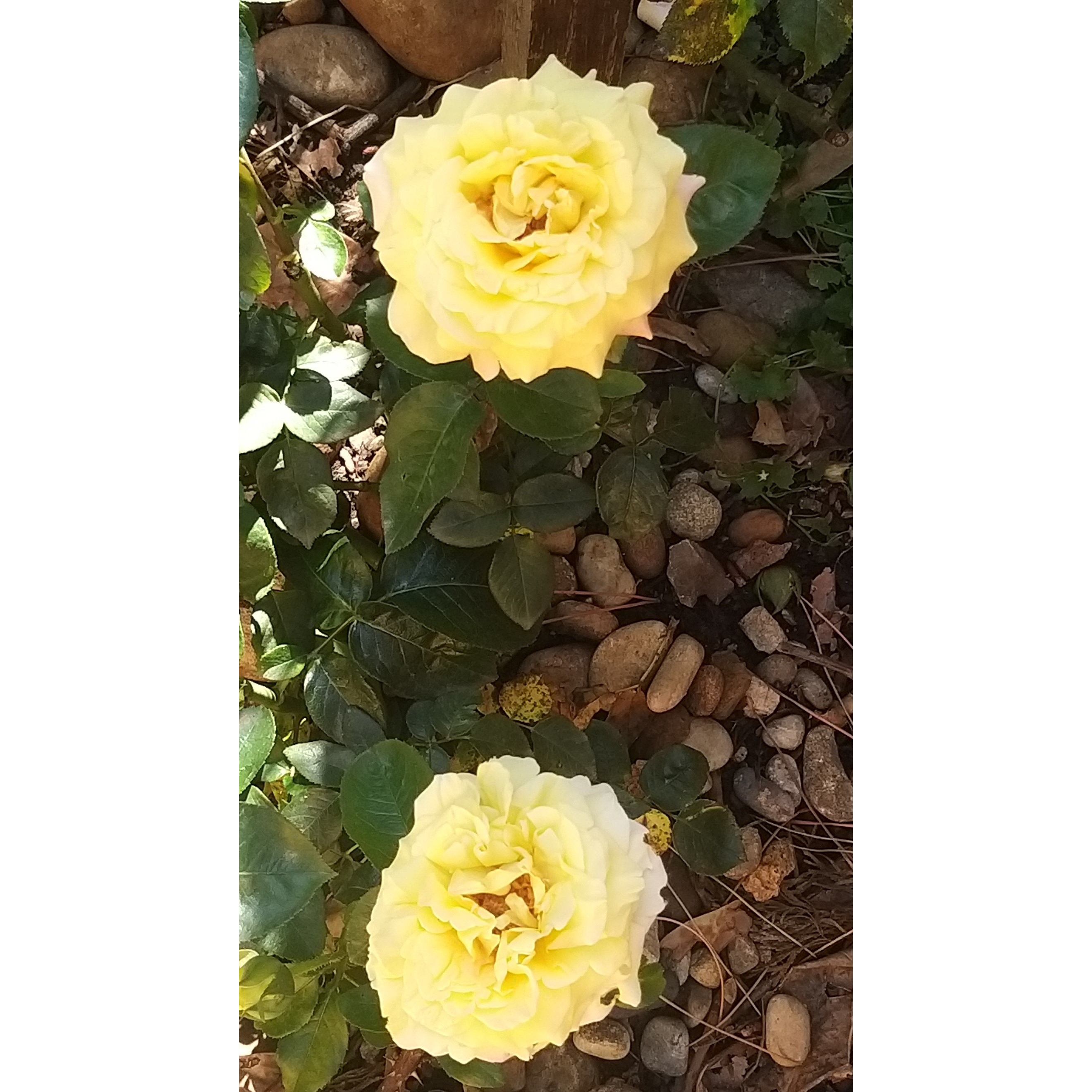
Thierry P.

July flowering - image 14
Thierry P. • 84 FR
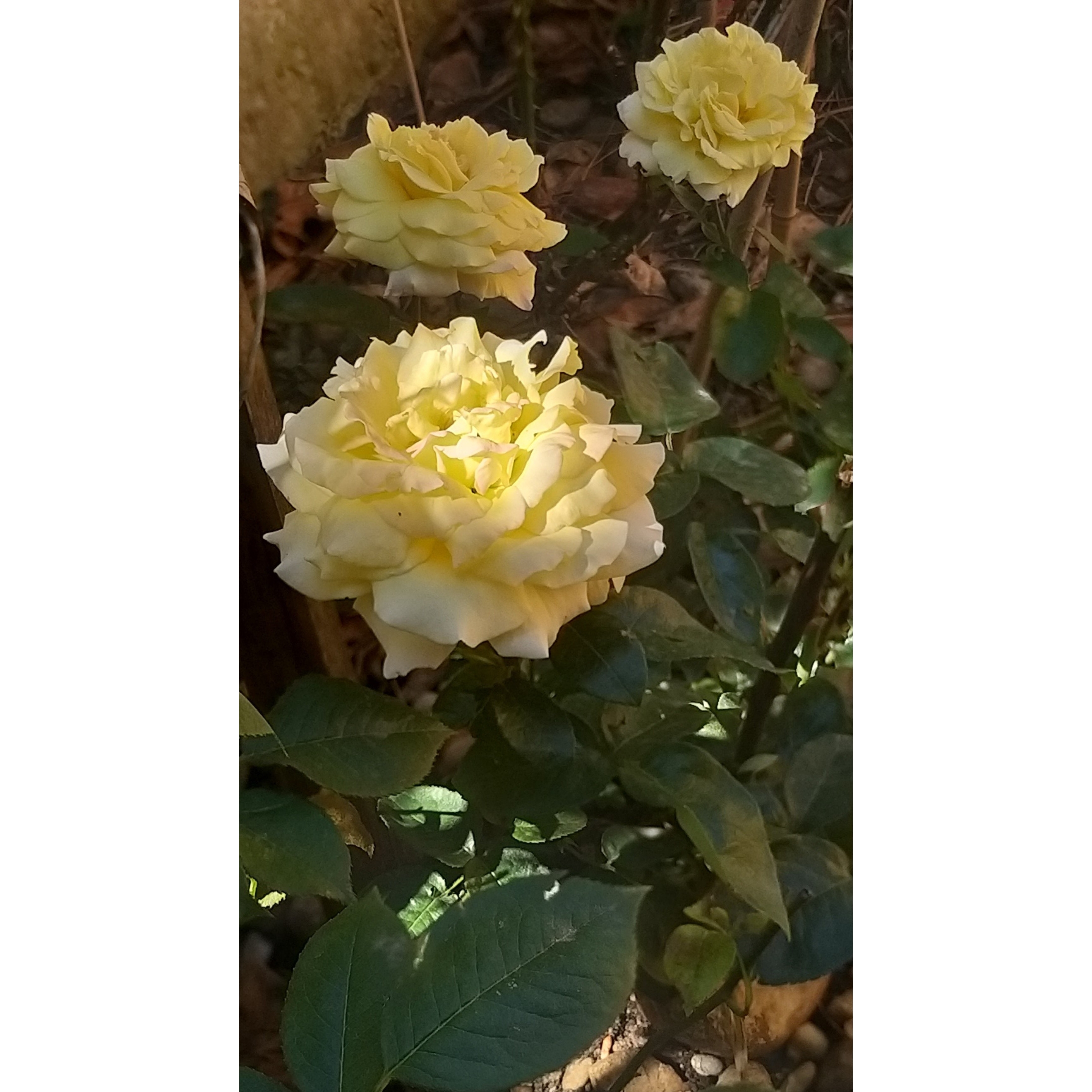
Thierry P.

July flowering - image 15
Thierry P. • 84 FR
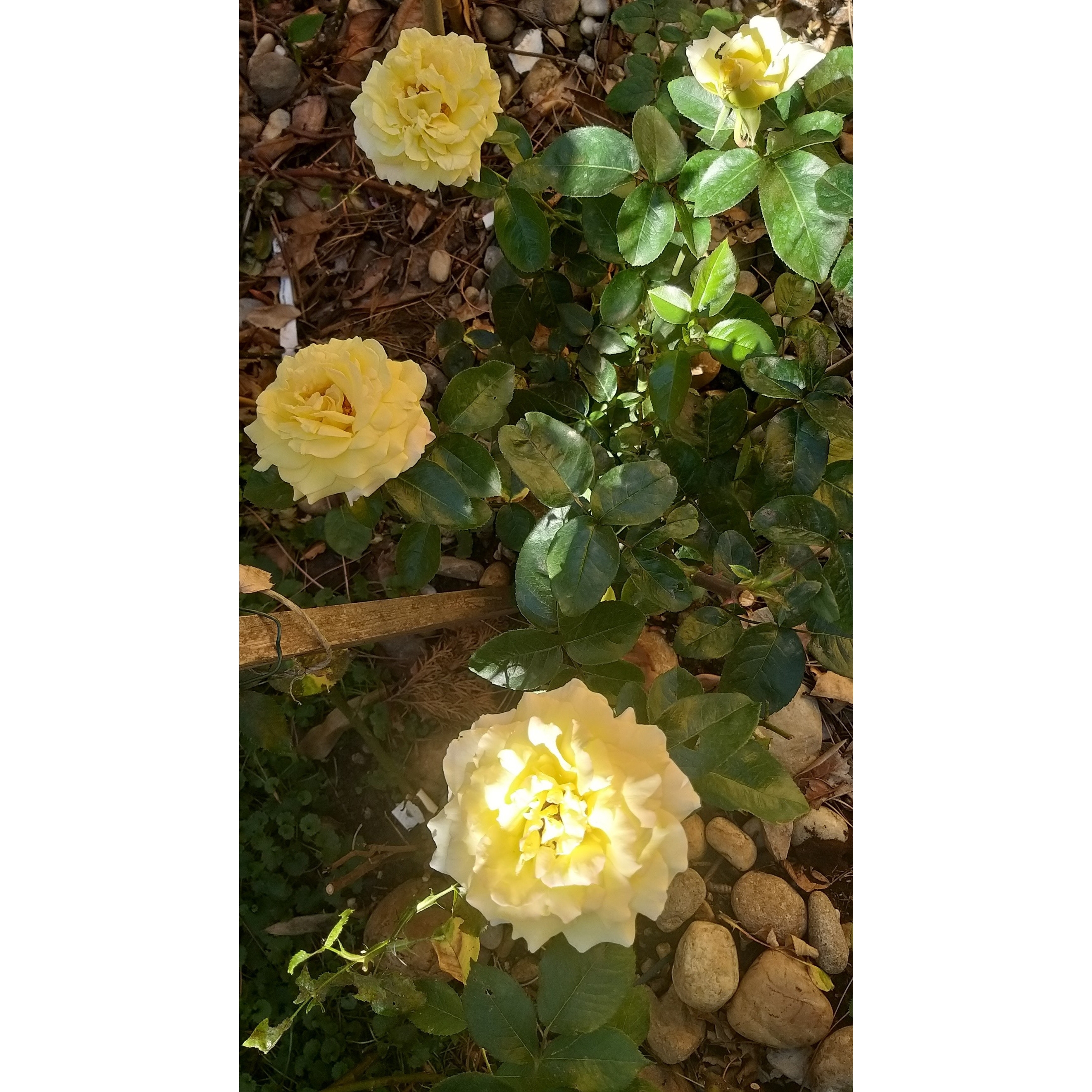
Thierry P.

July flowering - image 13
Thierry P. • 84 FR
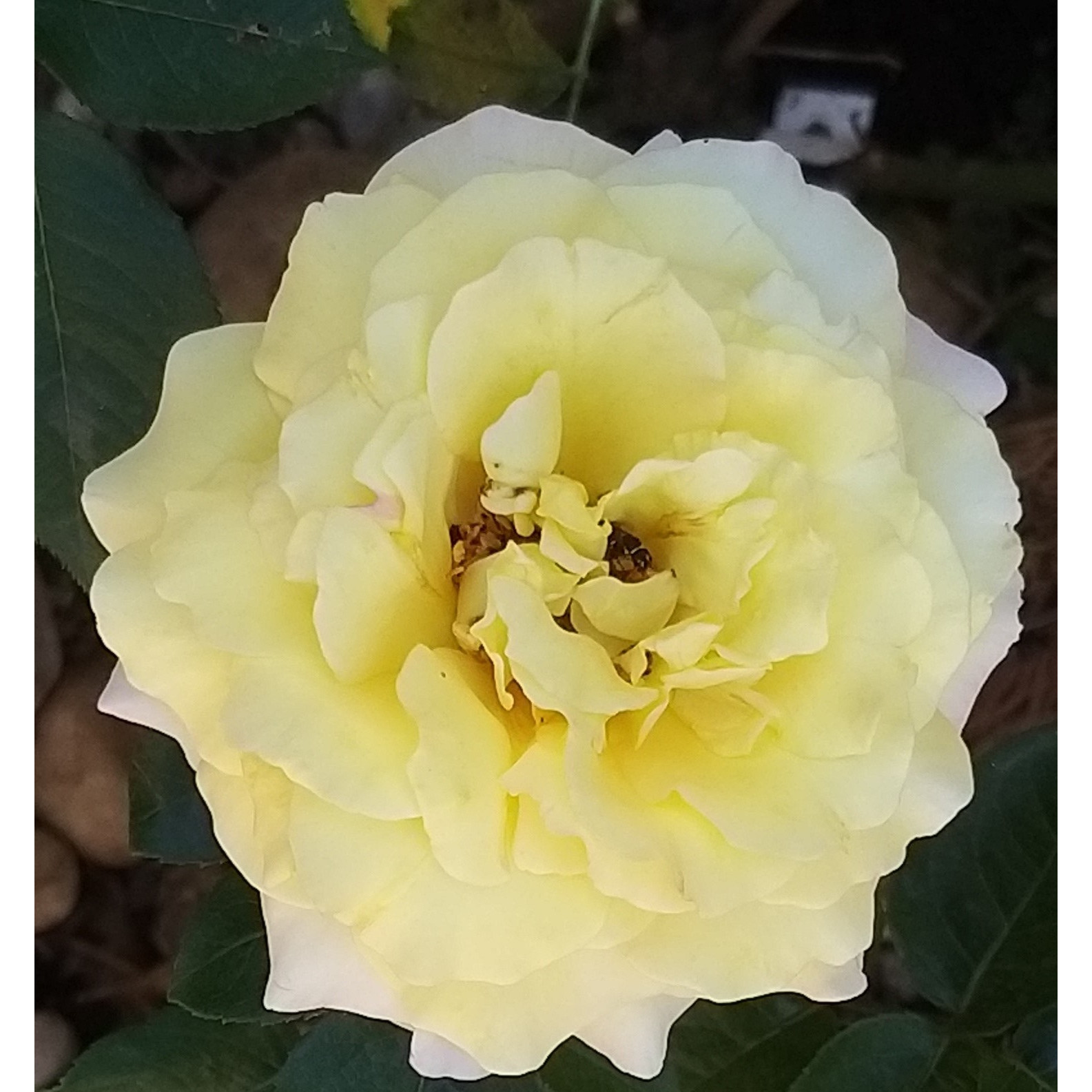
Thierry P.

July flowering - picture 12 - With pollinators.
Thierry P. • 84 FR
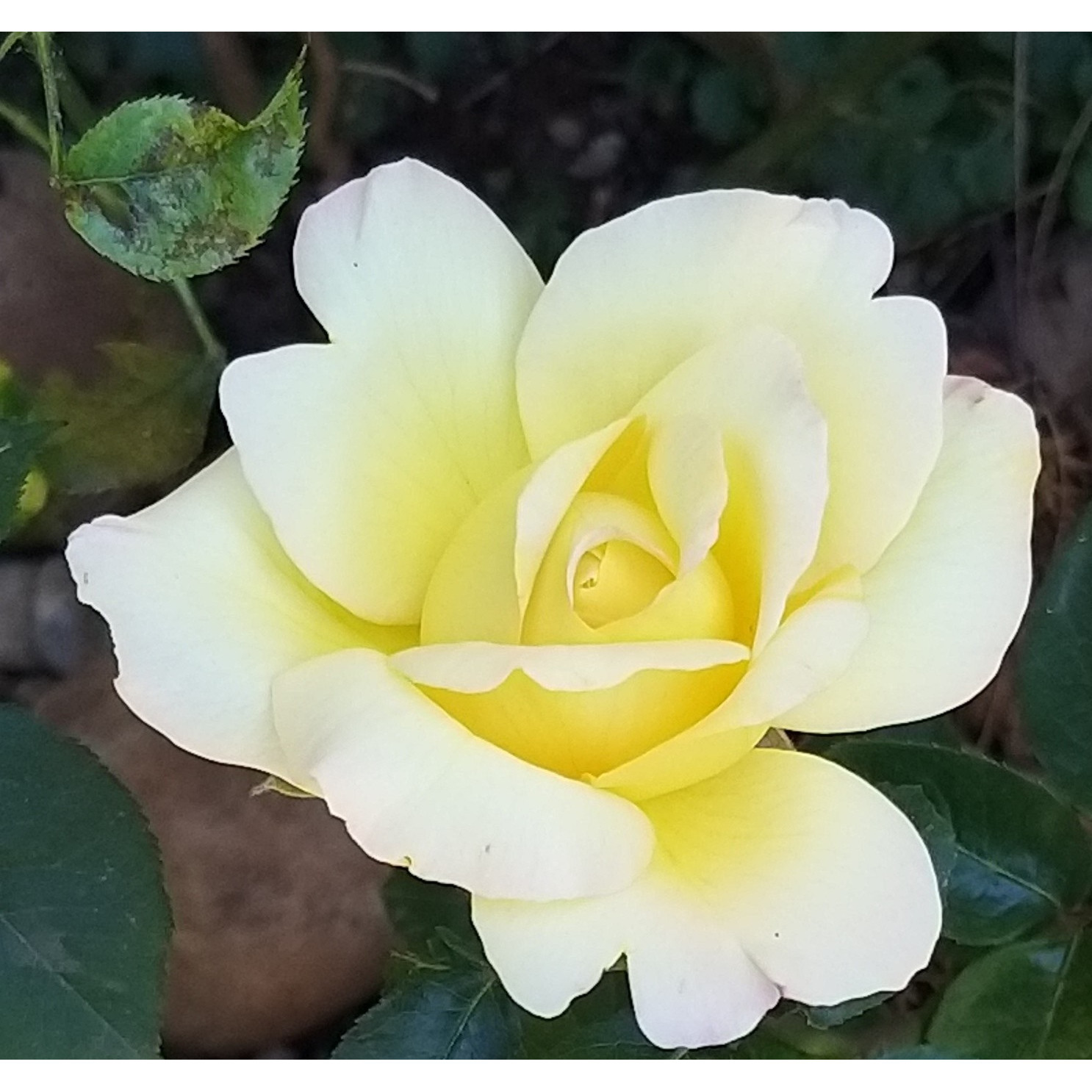
Thierry P.

July flowering - image 10
Thierry P. • 84 FR
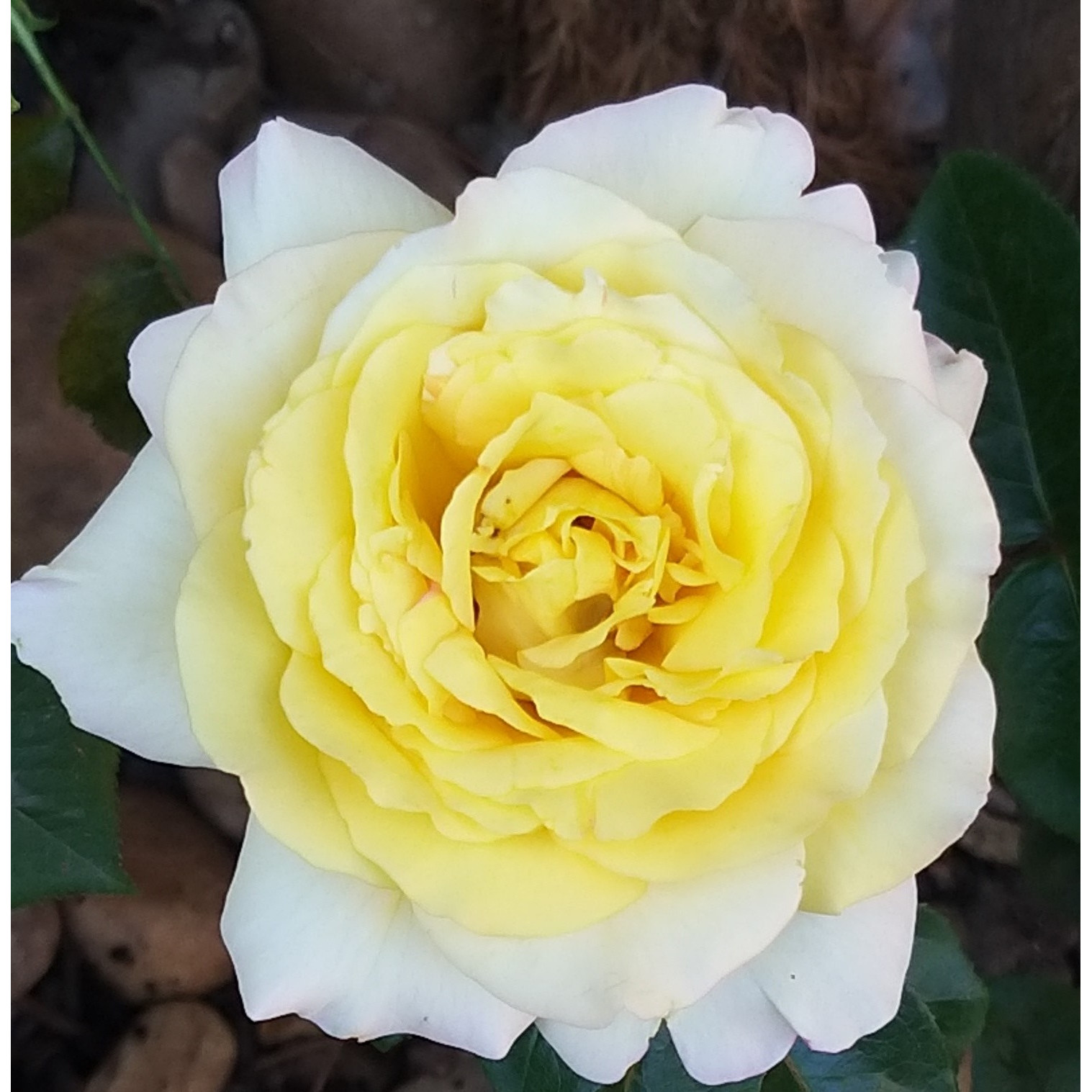
Thierry P.

July flowering - image 11
Thierry P. • 84 FR
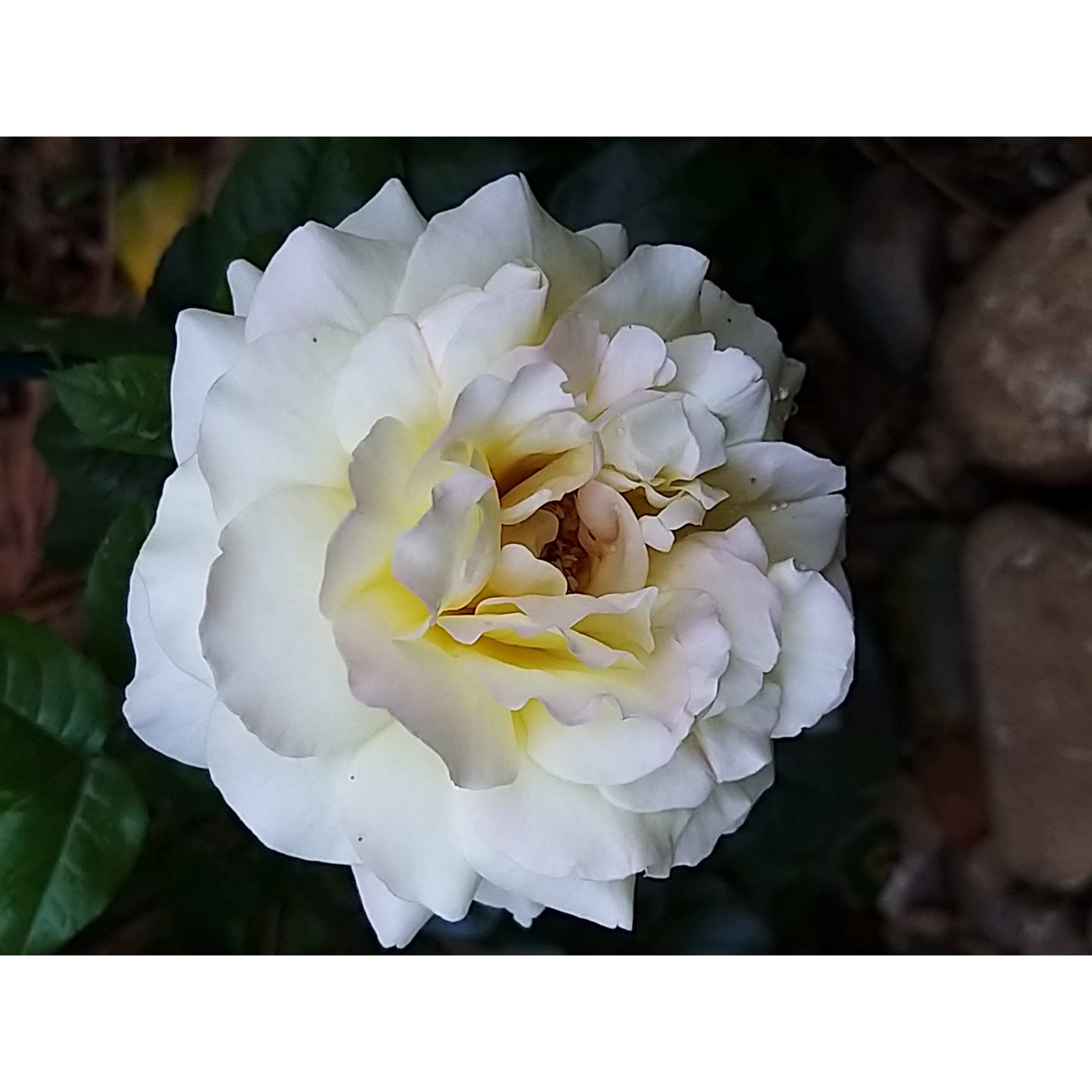
Thierry P.

September flowering - image 8
Thierry P. • 84 FR
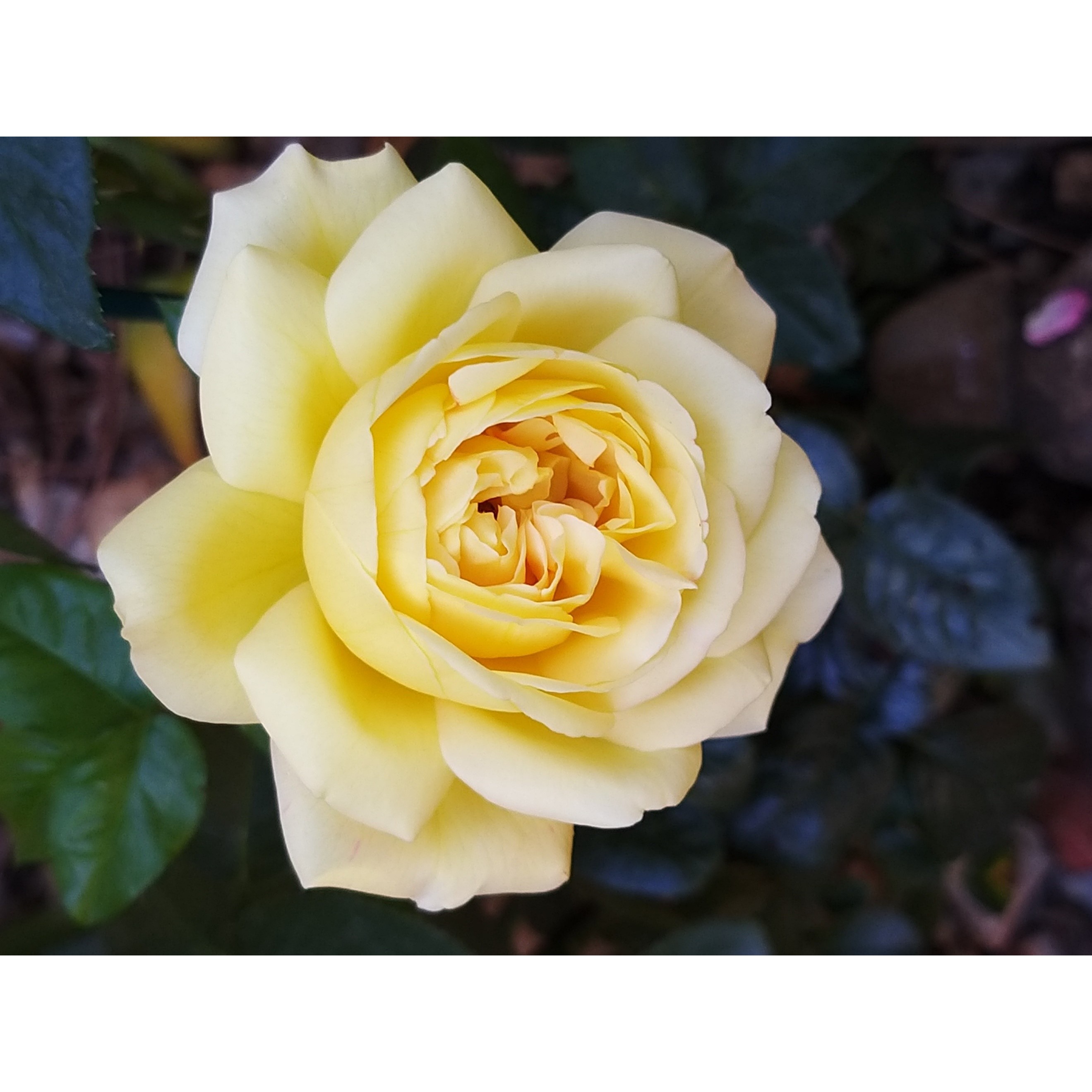
Thierry P.

September flowering - image 7
Thierry P. • 84 FR
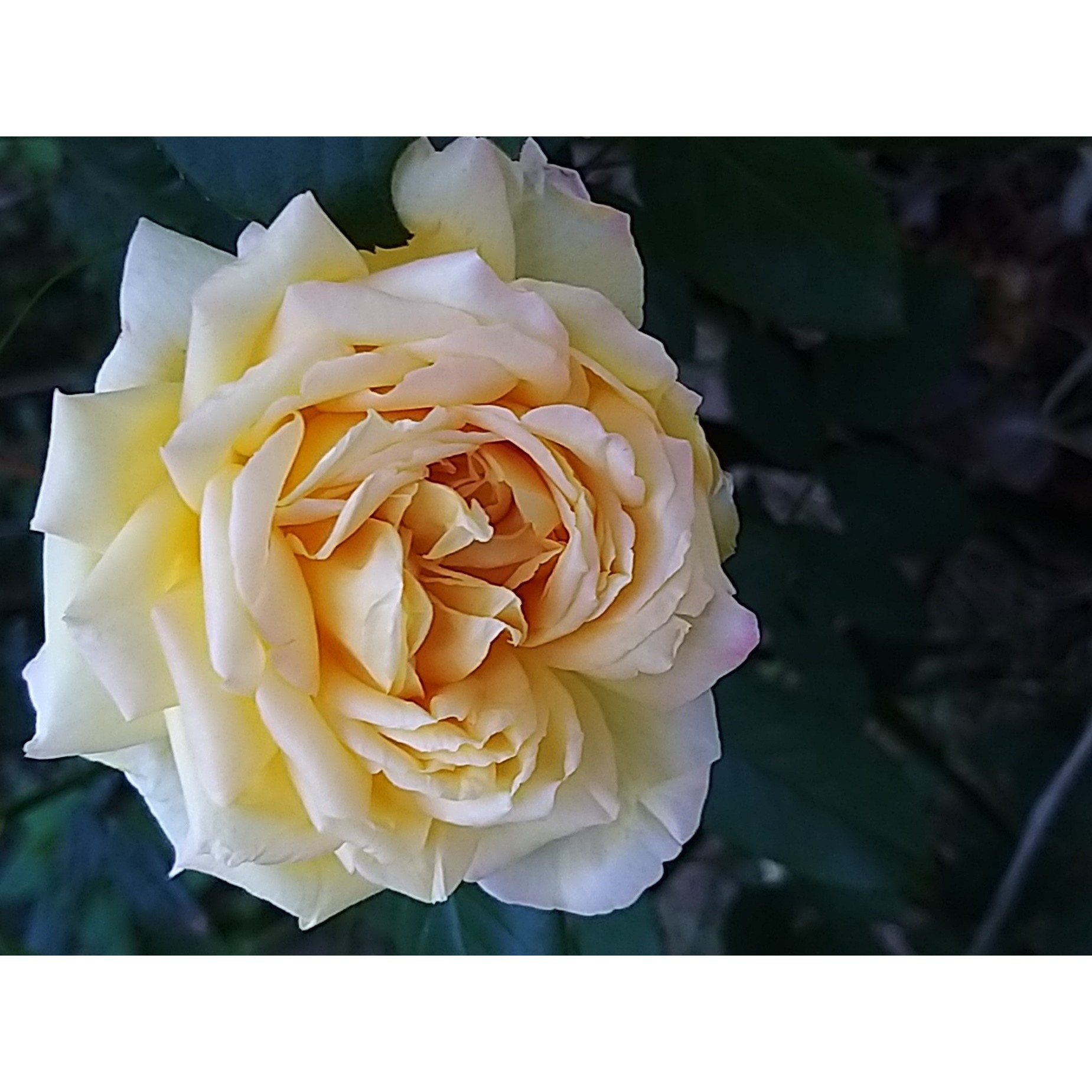
Thierry P.

September flowering - image 5
Thierry P. • 84 FR
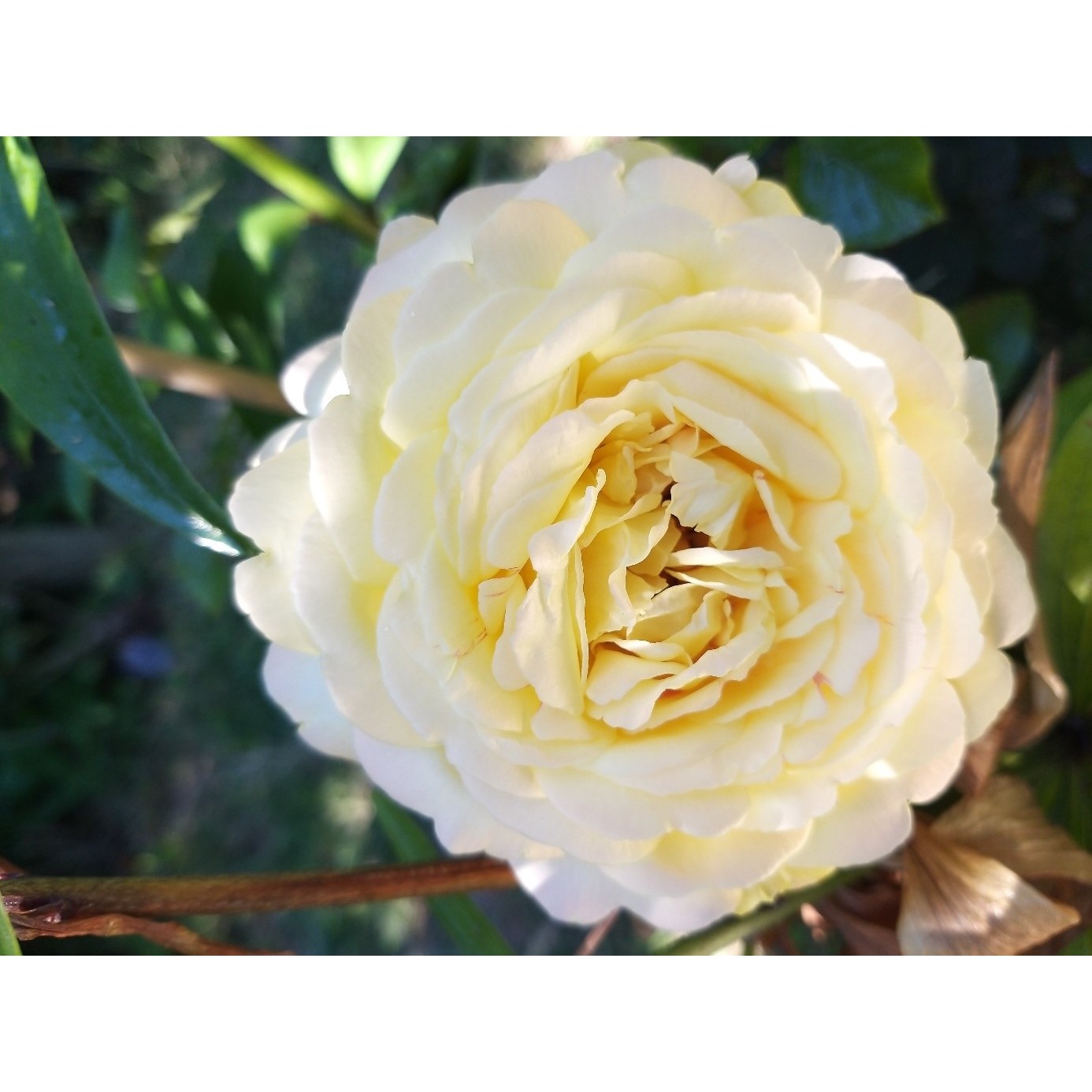
Thierry P.

Thierry P. • 84 FR
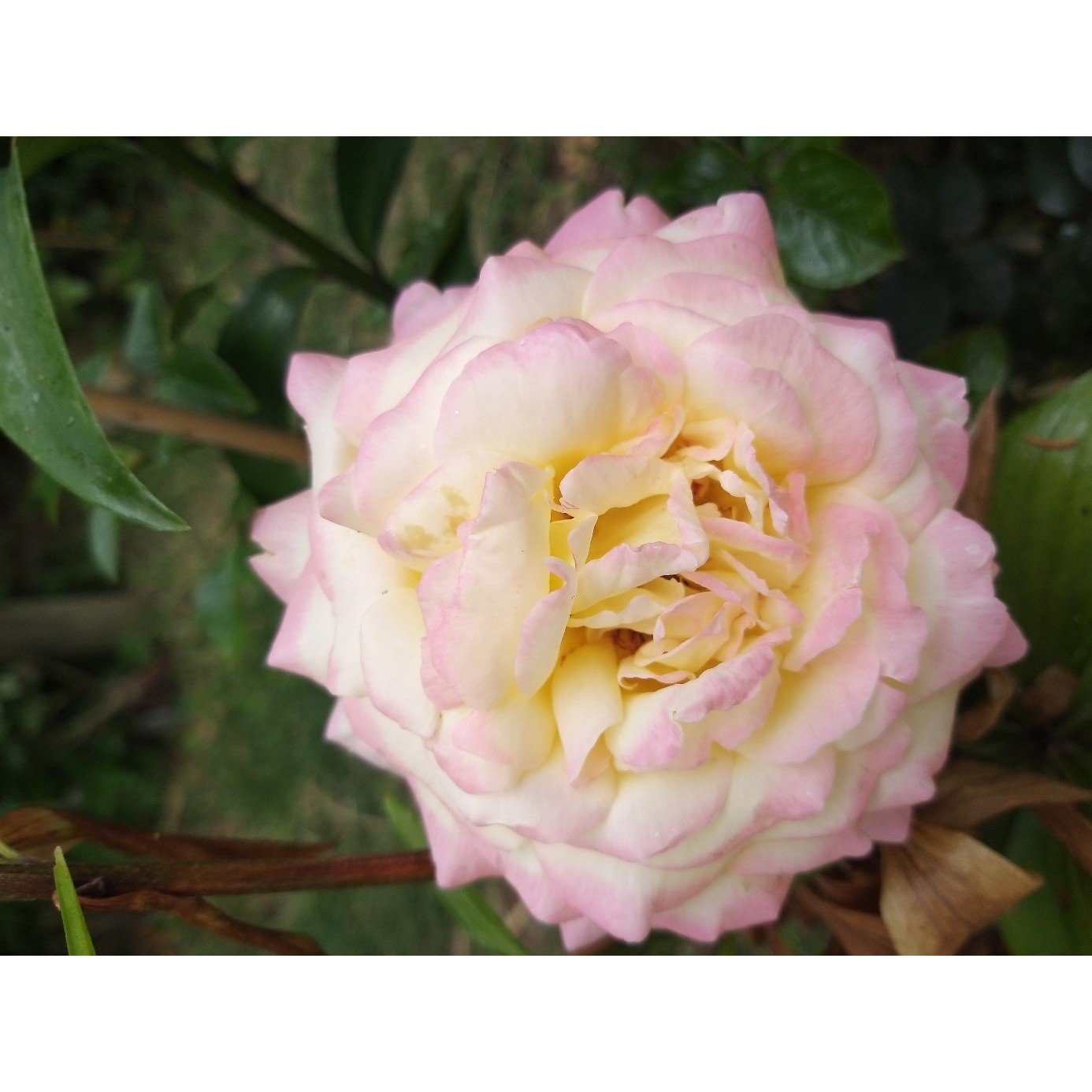
Thierry P.

Thierry P. • 84 FR
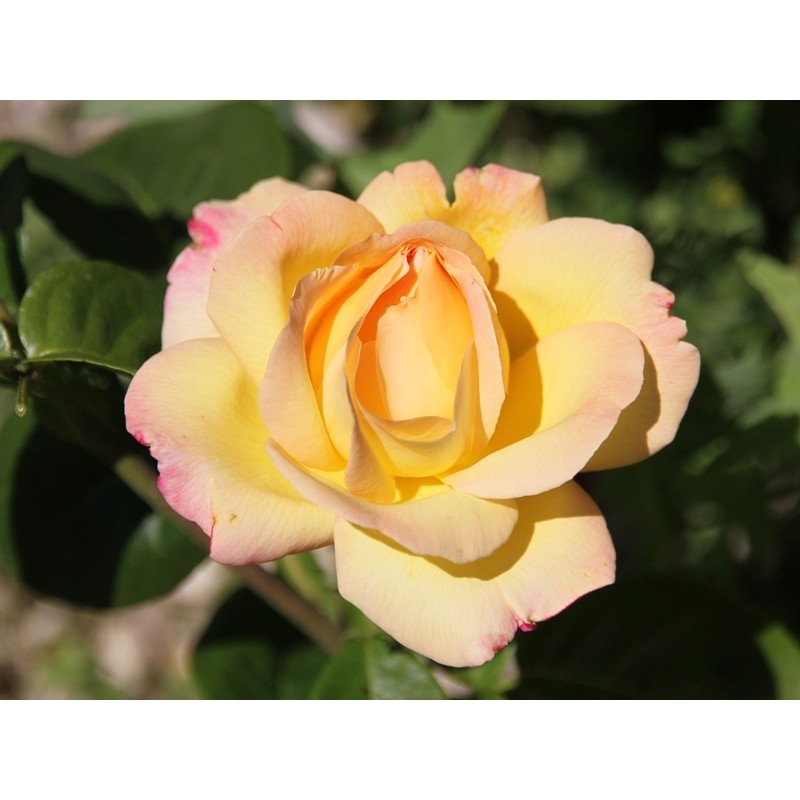
Elise A.

Elise A. • 51 FR
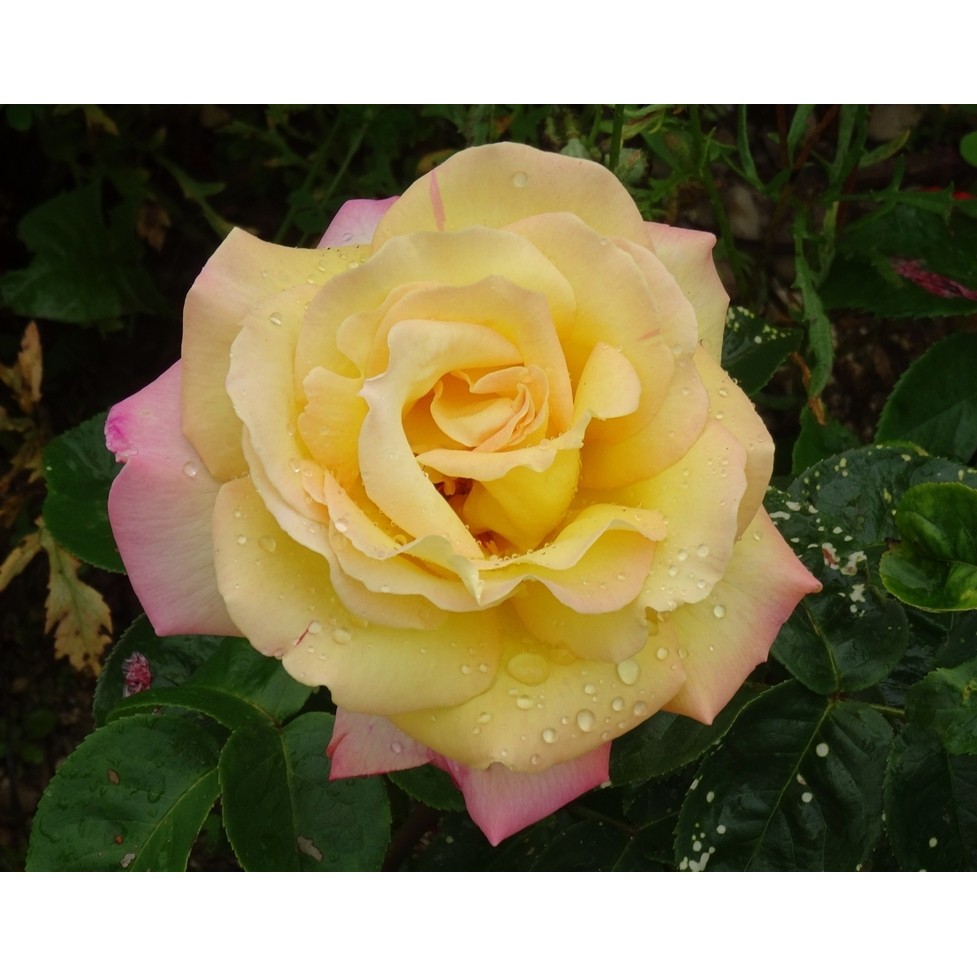
Elise A.

Elise A. • 51 FR
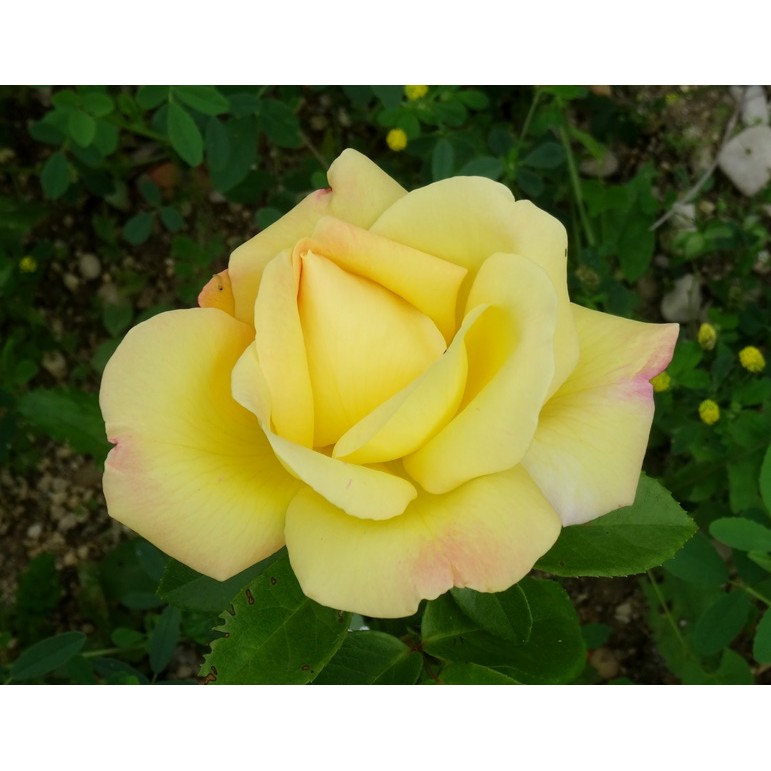
Elise A.

Elise A. • 51 FR
Rosa 'Madame A. Meilland' - Peace Rose - Hybrid Tea Rose
Rosa Madame A. Meilland
Tea Rose, Gloria Dei, Peace Rose
Received in bad condition. Damaged and stained leaves. Waiting for its flowering.
brigitte, 10/06/2024
Special offer!
Receive a €20 voucher for any order over €90 (excluding delivery costs, credit notes, and plastic-free options)!
1- Add your favorite plants to your cart.
2- Once you have reached €90, confirm your order (you can even choose the delivery date!).
3- As soon as your order is shipped, you will receive an email containing your voucher code, valid for 3 months (90 days).
Your voucher is unique and can only be used once, for any order with a minimum value of €20, excluding delivery costs.
Can be combined with other current offers, non-divisible and non-refundable.
Home or relay delivery (depending on size and destination)
Schedule delivery date,
and select date in basket
This plant carries a 6 months recovery warranty
More information
We guarantee the quality of our plants for a full growing cycle, and will replace at our expense any plant that fails to recover under normal climatic and planting conditions.

Description
The Peace Rose, also known as Gloria Dei, is a tea rose with a rich history, inseparable from the events that preceded and followed the Second World War. This hybrid tea rose, produced by Meilland, is undoubtedly the most famous and best-selling rose in the world among all the collections of this rose breeder. It is a very hardy bush that produces large roses from summer to frost, with feminine lines, pale yellow, barely edged with pink at the opening, with the pink spreading and intensifying on the petals as the flower matures. The foliage is abundant and healthy, with a beautiful glossy dark green colour. These roses are splendid in bouquets.
The Peace Gloria Dei Rose was created in 1942 in France by Francis Meilland and then sent to the United States to be multiplied away from the conflict-shaking Europe. Saved from oblivion, it was found again in 1949, placed on the desk of each of the 49 delegations gathered in San Francisco to form the U.N. Each flower, named the Peace Rose, was accompanied by this note: "This is the 'Peace' Rose, which was named at the 'Pacific Rose Society' exhibition in Pasadena on the day Berlin fell. We hope 'Peace' will influence men for peace in the world." (Dr. RC Allen, President of the A.R.S.*). Awarded in France and then in the U.S.A., it is also the first variety to be inducted into the Hall of Fame in 1976 by the WFRS (World Federation of Rose Societies). The offspring of this queen in the land of roses is as numerous as it is prestigious.
The bush that bears these roses shows vigorous, dense, and regular growth, forming a tall and wide bush of 80 cm (32in) to 1m (3ft), which retains all its qualities over the years. It develops long stems adorned with healthy and glossy foliage, which produce solitary flowers or clusters of 2 or 3 from June to October without interruption. The flower, 15 to 18 cm (6 to 7in) wide, very double, opens in a cup shape. It displays a magnificent golden yellow to light yellow colour, bordered with pink to carmine, depending on the flower's soil, sunlight, and age. The pink becomes more prominent as the flowering progresses.
Ideal in a small garden, the Peace Gloria Dei Rose is also perfect for use as a border. It can be paired, for example, with white or orange paniculate Phlox, as well as with the dark foliage of boxwood, Distylium (x) Blue Cascade, cotoneaster, or the tall spikes of blue and white Baptisia Starlite Prairieblues. Its cut flowers are naturally perfect in bouquets.
* A.R.S.: American Rose Society
Report an error about the product description
Rosa 'Madame A. Meilland' - Peace Rose - Hybrid Tea Rose in pictures
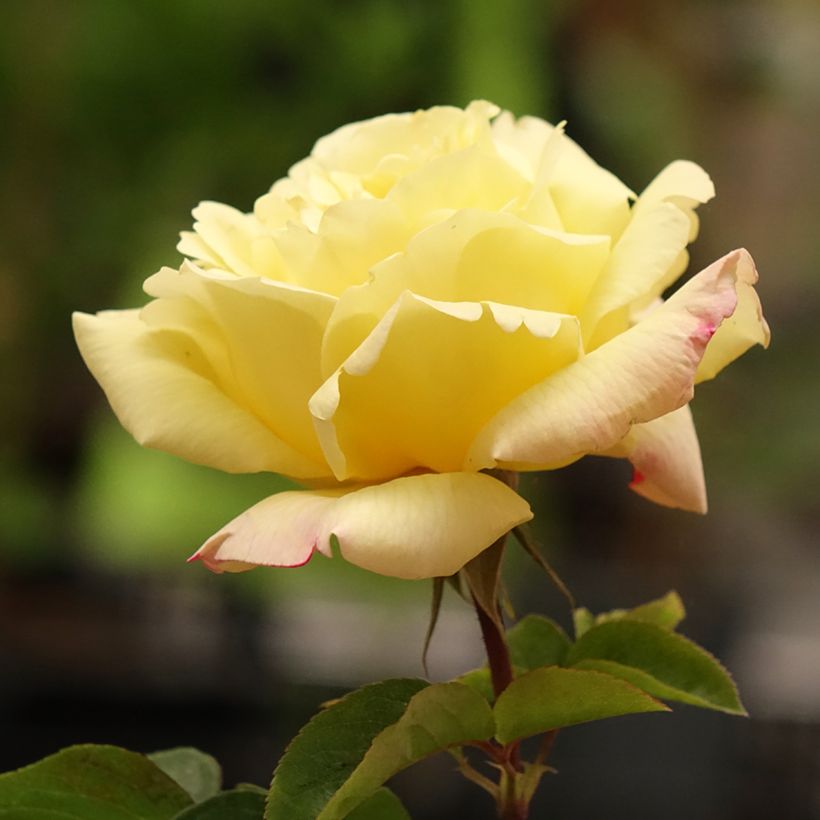

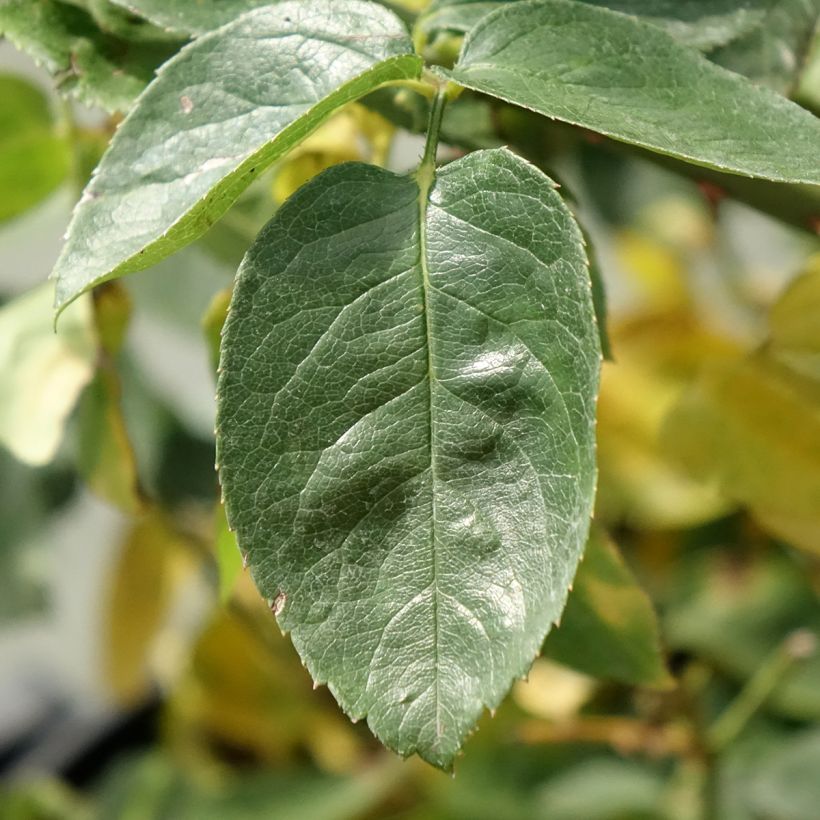

Plant habit
Flowering
Foliage
Botanical data
Rosa
Madame A. Meilland
Rosaceae
Tea Rose, Gloria Dei, Peace Rose
Cultivar or hybrid
Rosa canina Laxa (4L/5L pot, Wrapped bare root)
Planting and care
Roses prefer a sunny location (at least 4 to 5 hours of sun per day) but sheltered from the scorching midday rays and strong winds. Roses appreciate loose, permeable soil that is rich in humus. They prefer slightly acidic soil but adapt to any garden if it is well-worked and sufficiently rich.
To plant your rose in a pot, prepare the soil to a depth of 25 cubic cm by crumbling the soil and adding a bottom amendment such as blood, fish and bone. Position your plant, remove it from its pot, and cover the top of the root ball with 3 cm (1in) of soil. Fill in the hole and water generously to eliminate air pockets.
Regular watering is necessary for a few weeks in dry weather to facilitate root growth. Also, remember to provide your rose with special rose fertiliser that stimulates plant flowering.
Roses often have stains or may look unsightly towards the end of summer. However, this is not a problem for their development. These stains are natural and do not harm the rose.
Planting period
Intended location
Care
-
, onOrder confirmed
Reply from on Promesse de fleurs
Haven't found what you were looking for?
Hardiness is the lowest winter temperature a plant can endure without suffering serious damage or even dying. However, hardiness is affected by location (a sheltered area, such as a patio), protection (winter cover) and soil type (hardiness is improved by well-drained soil).

Photo Sharing Terms & Conditions
In order to encourage gardeners to interact and share their experiences, Promesse de fleurs offers various media enabling content to be uploaded onto its Site - in particular via the ‘Photo sharing’ module.
The User agrees to refrain from:
- Posting any content that is illegal, prejudicial, insulting, racist, inciteful to hatred, revisionist, contrary to public decency, that infringes on privacy or on the privacy rights of third parties, in particular the publicity rights of persons and goods, intellectual property rights, or the right to privacy.
- Submitting content on behalf of a third party;
- Impersonate the identity of a third party and/or publish any personal information about a third party;
In general, the User undertakes to refrain from any unethical behaviour.
All Content (in particular text, comments, files, images, photos, videos, creative works, etc.), which may be subject to property or intellectual property rights, image or other private rights, shall remain the property of the User, subject to the limited rights granted by the terms of the licence granted by Promesse de fleurs as stated below. Users are at liberty to publish or not to publish such Content on the Site, notably via the ‘Photo Sharing’ facility, and accept that this Content shall be made public and freely accessible, notably on the Internet.
Users further acknowledge, undertake to have ,and guarantee that they hold all necessary rights and permissions to publish such material on the Site, in particular with regard to the legislation in force pertaining to any privacy, property, intellectual property, image, or contractual rights, or rights of any other nature. By publishing such Content on the Site, Users acknowledge accepting full liability as publishers of the Content within the meaning of the law, and grant Promesse de fleurs, free of charge, an inclusive, worldwide licence for the said Content for the entire duration of its publication, including all reproduction, representation, up/downloading, displaying, performing, transmission, and storage rights.
Users also grant permission for their name to be linked to the Content and accept that this link may not always be made available.
By engaging in posting material, Users consent to their Content becoming automatically accessible on the Internet, in particular on other sites and/or blogs and/or web pages of the Promesse de fleurs site, including in particular social pages and the Promesse de fleurs catalogue.
Users may secure the removal of entrusted content free of charge by issuing a simple request via our contact form.
The flowering period indicated on our website applies to countries and regions located in USDA zone 8 (France, the United Kingdom, Ireland, the Netherlands, etc.)
It will vary according to where you live:
- In zones 9 to 10 (Italy, Spain, Greece, etc.), flowering will occur about 2 to 4 weeks earlier.
- In zones 6 to 7 (Germany, Poland, Slovenia, and lower mountainous regions), flowering will be delayed by 2 to 3 weeks.
- In zone 5 (Central Europe, Scandinavia), blooming will be delayed by 3 to 5 weeks.
In temperate climates, pruning of spring-flowering shrubs (forsythia, spireas, etc.) should be done just after flowering.
Pruning of summer-flowering shrubs (Indian Lilac, Perovskia, etc.) can be done in winter or spring.
In cold regions as well as with frost-sensitive plants, avoid pruning too early when severe frosts may still occur.
The planting period indicated on our website applies to countries and regions located in USDA zone 8 (France, United Kingdom, Ireland, Netherlands).
It will vary according to where you live:
- In Mediterranean zones (Marseille, Madrid, Milan, etc.), autumn and winter are the best planting periods.
- In continental zones (Strasbourg, Munich, Vienna, etc.), delay planting by 2 to 3 weeks in spring and bring it forward by 2 to 4 weeks in autumn.
- In mountainous regions (the Alps, Pyrenees, Carpathians, etc.), it is best to plant in late spring (May-June) or late summer (August-September).
The harvesting period indicated on our website applies to countries and regions in USDA zone 8 (France, England, Ireland, the Netherlands).
In colder areas (Scandinavia, Poland, Austria...) fruit and vegetable harvests are likely to be delayed by 3-4 weeks.
In warmer areas (Italy, Spain, Greece, etc.), harvesting will probably take place earlier, depending on weather conditions.
The sowing periods indicated on our website apply to countries and regions within USDA Zone 8 (France, UK, Ireland, Netherlands).
In colder areas (Scandinavia, Poland, Austria...), delay any outdoor sowing by 3-4 weeks, or sow under glass.
In warmer climes (Italy, Spain, Greece, etc.), bring outdoor sowing forward by a few weeks.





























